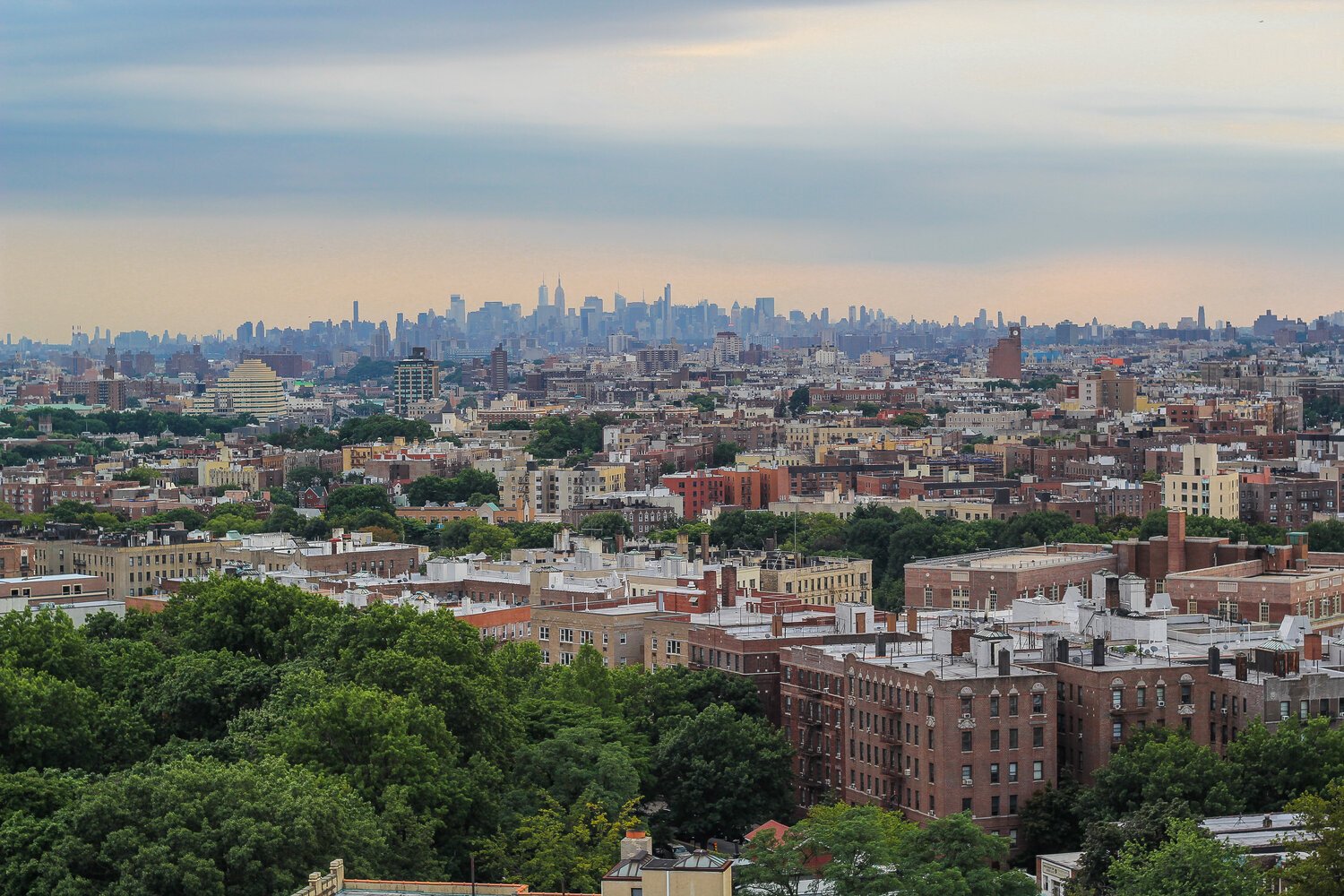Housing Court faces test as eviction moratorium expires
/New York’s eviction moratorium is set to expire on Jan. 15, and the city’s Housing Court faces a backlog of around 224,000 cases. Photo by Nelson Mejia, Jr./Flickr
By Jacob Kaye
With Governor Kathy Hochul largely expected to let the moratorium on evictions expire at the end of the week, landlords, tenants and attorneys will soon again flood the halls, both in-person and virtually, of New York City’s housing courts.
Throughout the five boroughs, there are believed to be around 224,000 housing court cases backlogged, according to an Office of Court Administration spokesperson who noted that they believe that to be an overcount.
The potential end of the moratorium on Jan. 15, which has been in place since the start of the pandemic, will prove to be the first real test of the city’s right to counsel program for low-income tenants facing eviction proceedings. The pandemic protection also comes as the state has been ordered to again open up applications for the beleaguered Emergency Rental Assistance Program, which would afford a stay of eviction proceedings against a tenant who applies.
The status of the moratorium wasn’t mentioned during Hochul’s recent State of the State speech. In a press conference last week, the governor said she was “looking” at the issue and discussing it with leadership throughout the state.
“We’ll certainly be letting the public know the outcome of those conversations,” Hochul said.
Even with the uncertainty, the courts say they are preparing for the moratorium to expire and for Housing Court to once again be in full swing.
Starting in September 2021, OCA began to calendar new cases as they came in and have continued to do so in the months that followed, according to OCA spokesperson Lucian Chalfen. Additionally, three newly appointed judges will be assigned to Housing Court by the end of the week and a fourth judge will take the bench at the start of February, Chalfen said.
Landlord groups, which have pushed for an end to the moratorium, say they are looking forward to the end of the protection but are looking for more detailed guidance from the courts.
“[Guidance] is going to be a little slow to come,” said Vito Signorile, the vice president of communications with the Rent Stabilization Association. “Hopefully, OCA has prepared for this day.”
“At the same time, we're concerned about the ongoing [COVID] restrictions within Housing Court – a lot of hearings are going to be held virtually,” he added. “There's going to be a backlog for years, and years and years for a lot of these cases.”
The sunset of the moratorium comes as COVID-19 cases throughout the city and state continue to reach new highs. Around 31 percent of all COVID-19 tests taken in New York City came back positive in the past week, according to the city’s Department of Health.
But unlike the early days of the pandemic, businesses have not been ordered by the state to go into lockdown, a distinction landlord groups say signals that the moratorium should come to an end.
“The fact that there haven't been any further lockdown measures, people are returned to work, people continue to remain at work – those were the reasons why these measures were originally taken back in March 2020,” Signorile said. “There are protections in place for [tenants] already, and will continue to be moving forward.”
Among those protections is the Emergency Rental Assistance Program, which has come under fire since it was created under the former Cuomo administration. Over the summer, the program was slow to pay both tenants and landlords, who, in a rare move of solidarity, united to call on the governor to get the program moving.
Paying out ERAP applicants was at the top of Hochul’s to-do list when she took office, however, in November, the application portal closed – those who apply receive a stay against eviction proceedings, as well as potential cash assistance for their rent.
In a Manhattan Supreme Court ruling last week, the state was ordered to reopen the applications for the program that has paid out over $1.25 billion in rent arrears but has run out of funds to distribute. The state will be eligible to apply for additional federal funding in the spring to refill the program’s coffers.
In Queens, some of the neighborhoods with the highest number of eviction filings are also those with some of the highest numbers of COVID-19 cases throughout the pandemic, including Corona, which has seen 2,280 eviction filings dating back to 2019, according to court data.
Eviction filing numbers are also high in Far Rockaway, which has 2,203 eviction filings in the past three years.
But for some of the low-income people living in the Queens neighborhoods with high eviction filing rates, there will be a new resource that only became available citywide last year – the right to an attorney during an eviction proceeding.
However, some worry that the end of the moratorium will bring a flood of eviction cases and attorneys will be unable to keep up.
“The idea that there are enough legal service providers and enough attorneys for every case that’s coming out is just not true,” Kinshasa Hillery, a director with Riseboro Community Partnership, a Brooklyn-based social services group, recently told The City. “At some point, we’re all going to reach a tipping point where we’re inundated with cases we can’t adequately prepare for or give attention to like we previously could.”




